Islamabad — The National Commission on the Rights of Child (NCRC), in collaboration with UNICEF Pakistan, UNICEF Innocenti – Global Office of Research and Foresight, and with generous support from the Government of the Netherlands, launched a comprehensive study titled Generating Evidence on Internally Displaced Children, Afghan Child Migrants and Forcibly Displaced Children in Pakistan. A policy brief accompanied the release.
The report presents the first consolidated evidence on the lived experiences of marginalized children in Pakistan. It also highlights their vulnerabilities and outlines their protection needs. Specifically, the study focuses on three groups: internally displaced children, Afghan child migrants, and those forced to relocate. These displacements occur due to conflict, natural disasters, and other crises. As a result, affected children often face severe disruptions in their lives and access to essential services.
“Every child is a child first and foremost. No matter who they are or where they come from, every child deserves protection, dignity, and their rights. This research, developed in collaboration with the National Commission on the Rights of the Child and support from the Kingdom of the Netherlands, gives us vital evidence to strengthen inclusive systems so no child in Pakistan is left behind,” said Sharmeela Rassool, UNICEF Pakistan, Deputy Representative – Programmes.
The study shows that displacement affects more than location. It often leads to loss of identity, interrupted education, limited healthcare, and increased exposure to child labour, early marriage, violence, and exploitation. Currently, an estimated 3.6 million Afghans live in Pakistan. Many of them are minors. Meanwhile, millions of Pakistani children have also been displaced by floods, conflict, and other emergencies.
In response to these findings, the policy brief outlines five key calls to action for Pakistan’s policymakers and stakeholders. First, it urges them to expand access to child protection services for all children, regardless of nationality or legal status. In addition, it recommends strengthening child protection systems through sustainable, integrated, and inclusive approaches. The brief also calls for improved coordination among stakeholders, better data-sharing, and wider use of tools like the Child Protection Information Management System (CPIMS). Furthermore, it emphasizes the need for stronger awareness and advocacy to ensure equal legal protections. Finally, it highlights the importance of clear communication with children and families about available services.
A panel discussion, moderated by Dr. Mehek Naeem, Member Punjab – NCRC, featured representatives from the United Nations High Commissioner for Refugees (UNHCR), Commissionerate for Afghan Refugees (CAR), Khyber Pakhtunkhwa Child Protection & Welfare Commission (KPCPWC), and the Social Welfare Department Balochistan. Panelists reflected on both the challenges and opportunities in advancing child rights in contexts of displacement.
Speaking at the launch, Senator Ayesha Raza Farooq, Chairperson NCRC, emphasized: “Every child regardless of their background or ethnicity deserve dignity, protection, and the opportunity to thrive. This study is not an end but a beginning. We will use this evidence to advocate for removing legal barriers to essential services, strengthen referral and case management mechanisms, and promote inclusive child protection systems.”
Ultimately, the NCRC reaffirmed its commitment to work with federal and provincial governments, civil society, and international partners. Its goal remains clear: ensure that no child remains invisible or left behind.
The full report and policy brief are available at:

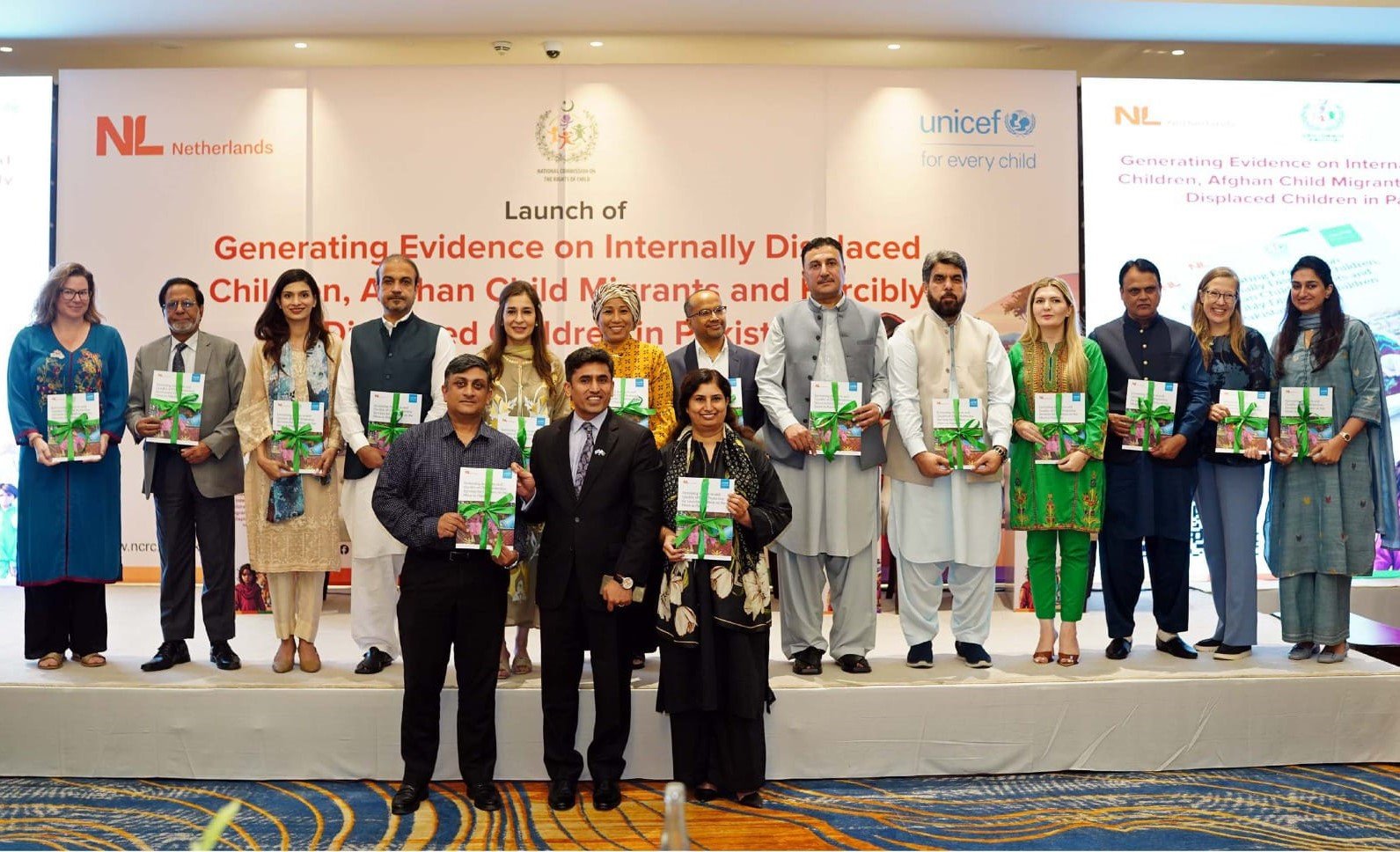


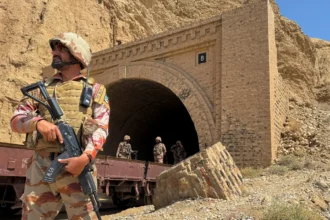
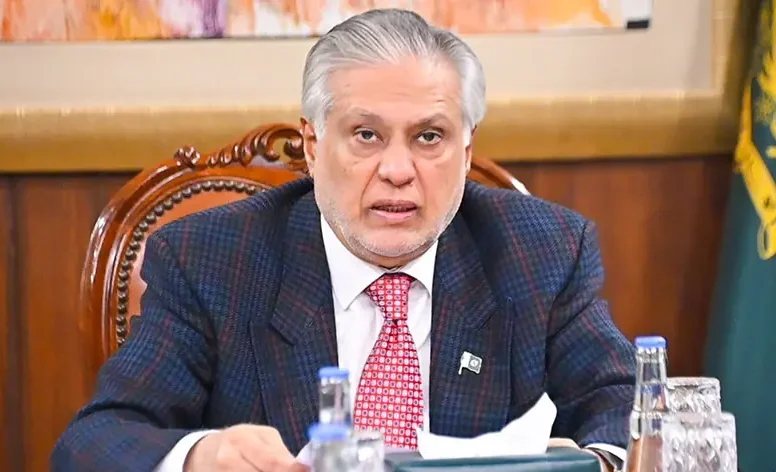
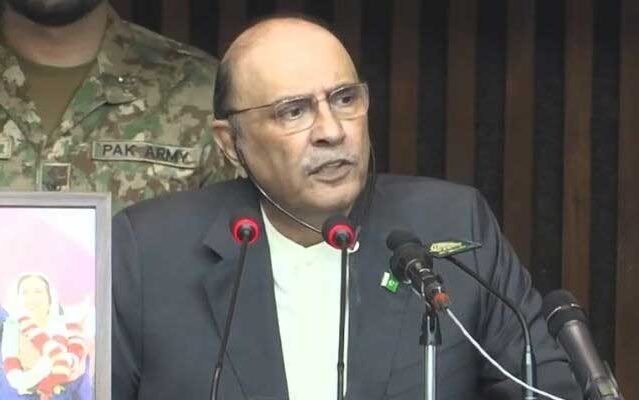
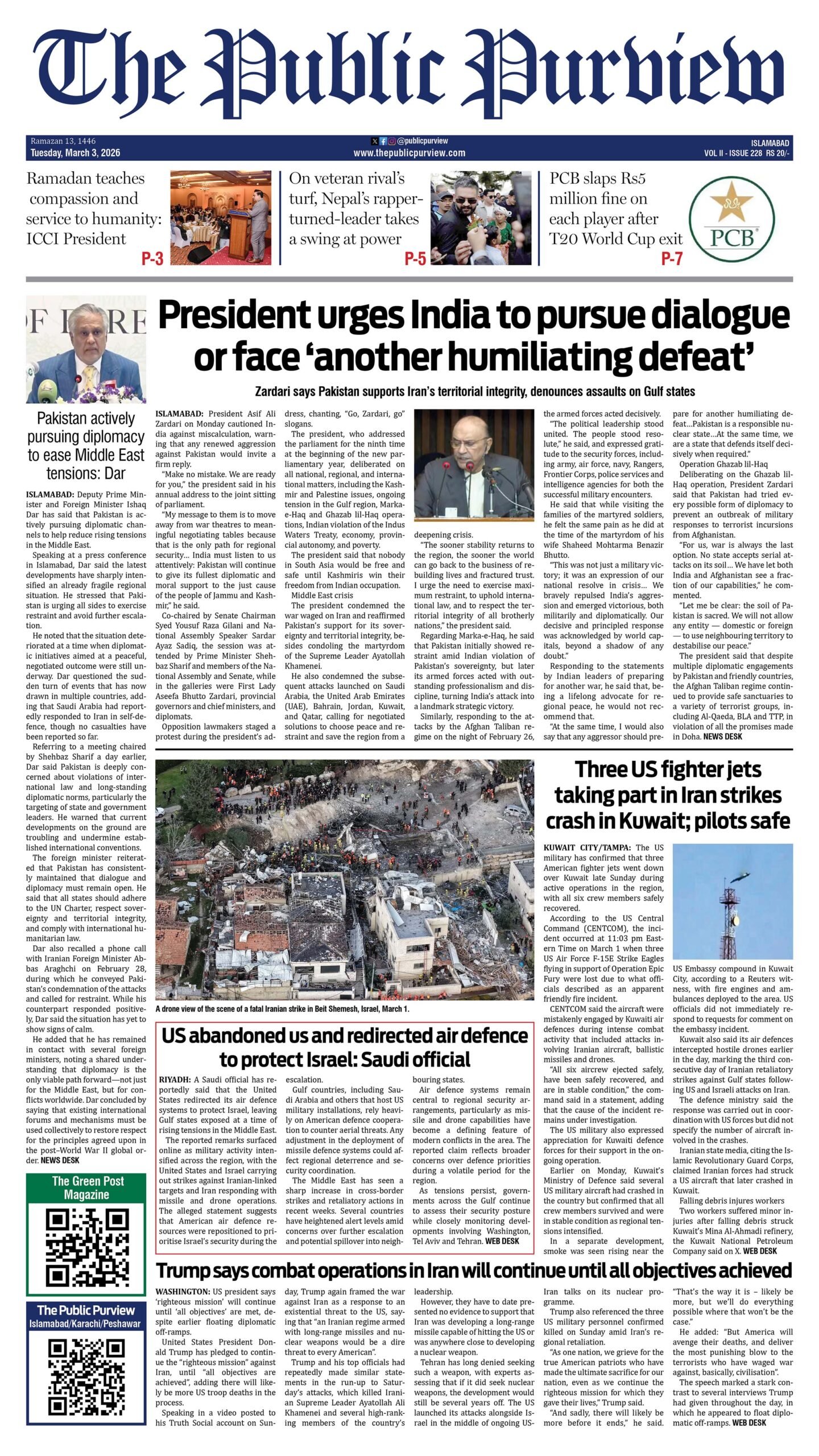 Today's E-Paper
Today's E-Paper